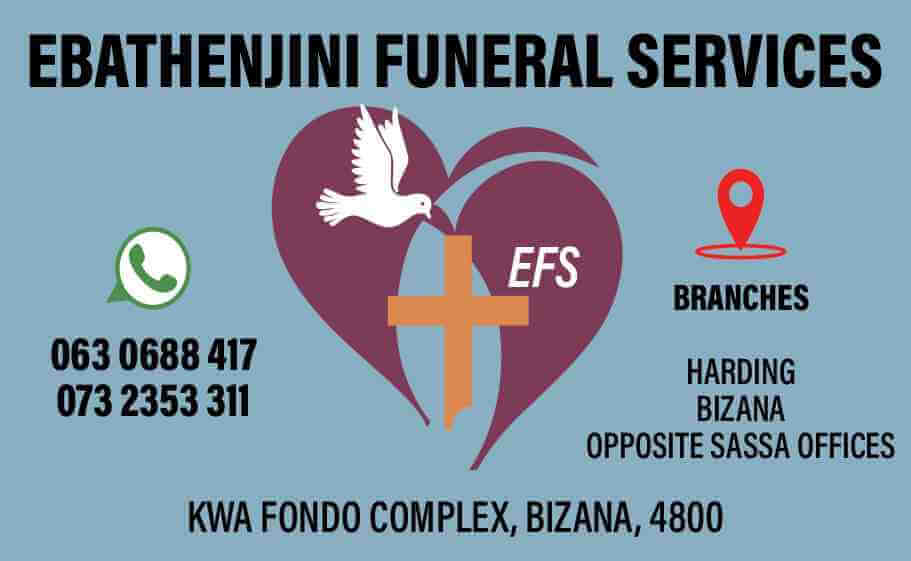In a bid to streamline its data exchange processes and facilitate smoother integration with institutions, the National Student Financial Aid Scheme (NSFAS) is intensifying efforts to enhance its new direct payment systems for student registrations.
Providing an update on disbursements for October, NSFAS reported the successful allocation of allowances to 143,423 beneficiaries at Technical Vocational Education and Training (TVET) colleges, amounting to a total of R681,051,078.
The scheme emphasized its commitment to reviewing all operational processes, including the disbursement model, as part of its ongoing efforts to optimize efficiency.
While tuition and allowance disbursements for university students commenced on October 25, NSFAS acknowledged delays in allowance payments at some universities due to pending university reconciliations. This critical step ensures accurate disbursements for tuition and living allowances to students, contributing to accountable use of public funds.
NSFAS highlighted its collaborative approach with institutions to improve data management systems, aiming to ensure timely allowance payments to all beneficiaries.
To date, total tuition disbursements to all universities stand at R1,602,289,873. The scheme is actively addressing exceptions through mop-up payments for universities.
Regarding the appeal process, NSFAS noted that the final stage is approaching for university students who submitted appeals. However, the process remains ongoing for TVET beneficiaries due to the misalignment of their academic year with that of universities.
Dispelling claims of a crisis by the South Africa Union of Students (SAUS), NSFAS clarified that it is undergoing a process of realignment and modernization to meet the demands of over one million students. NSFAS highlighted its significant role since its establishment in 1999, providing financial assistance to deserving beneficiaries seeking post-school education and training.
With funding growth from R21.4 million in 1991 to almost R50 billion today, NSFAS continues to represent a progressive effort by the government to address inter-generational social inequality in access to and outcomes of post-school education and training.













